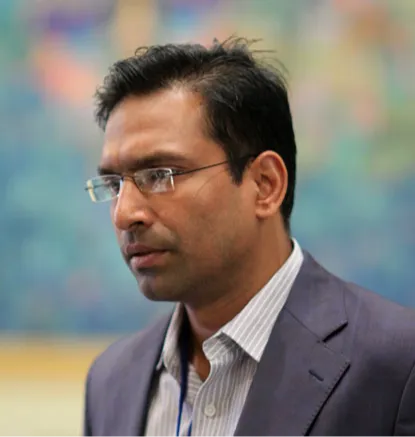There is a renewed political slugfest between the Centre and Delhi government, on the issue of the Union home ministry’s bill to amend the Government of National Capital Territory. The statement and object of the bill says the amendment will give effect to the Supreme Court’s judgment in 2018. Among other measures, the bill equates the term “government” in any law made by the legislative assembly to mean the Lieutenant- Governor (L-G). Importantly, the bill says that Delhi government will have to seek the opinion of L-G before it takes any executive action, whether by the Cabinet or individual minister.
However, an analysis of the 2018 verdict indicates that the proposed bill is a contravention of the spirit of an important judgment. The five-judge bench dealt with the ambiguous Article 239AA of the Constitution, which allows L-G to refer any matter in case of differences to the President of India, effectively allowing the Centre to have a veto. It gave prominence to the Delhi government over L-G on all issues other than reserve subjects; land, police and public order. Supporting greater autonomy for the elected government, Justice DY Chandrachud observed, “In a democratic form of government, the real power must subsist in the elected arms of the state”.
The Centre’s move betrays the spirit and sanctity of the 2018 judgment, which, notwithstanding many fine points, was a limited verdict. It avoided venturing into substantive issues of land and policing and the Delhi government’s longstanding demand to have a say in these critical matters.
The bill, which is likely to be passed soon, will not only reopen the old tussle between the Aam Aadmi Party (AAP)-led Delhi government and the Bharatiya Janata Party (BJP)-led Union government. It will also make it difficult for an elected government to carry on routine work and provide governance in a mega-city. By making it mandatory for an elected government to take permission from L-G on subjects that are within its jurisdiction, the bill takes away the legitimate governing space and autonomy guaranteed to an elected government.
Global trends show that while most national governments are apprehensive of sharing power with national territory governments, yet for administrative and governance convenience, they have gradually been sharing these powers with these city governments. In a survey of nine major national capitals of the world, I found that no other capital territory government has such limited jurisdiction to govern a mega-city. Delhi is one of the most constricted national capitals in the world.
Even in Washington DC, with limited mandate, the DC Police has a say in city policing and law and order issues. A more recent example is that of London. The British Home Office, which earlier had the last word on the London Metropolitan Police, has over the years, conceded such supervisory powers to the elected mayor of London.
Another glaring example of the governance mess (which is largely the contribution of the United Progressive Alliance government) is the little or no role for the Delhi government in matters related to municipal bodies. A review of various capital cities suggests that Delhi is probably the only capital city where the elected government has no organic link with the municipal bodies. The home and urban development ministries of the federal government administratively control municipal bodies.
In short, the principle of subsidiarity demands that India’s national government take some cues from global trends and cede more powers to the city government in capital territory. The current bill by the Centre not only betrays the concept of “cooperative federalism” often espoused by the Union government, but will further complicate governance in India’s fastest growing mega-city.
While it is inbuilt that there will be varying degrees of tensions and fluidity between the central governments and the governments of the national capitals everywhere, they have to be managed politically and in an institutionalised manner, India is taking the opposite direction.
This commentary originally appeared in The Hindustan Times
The views expressed above belong to the author(s). ORF research and analyses now available on Telegram! Click here to access our curated content — blogs, longforms and interviews.




 PREV
PREV


